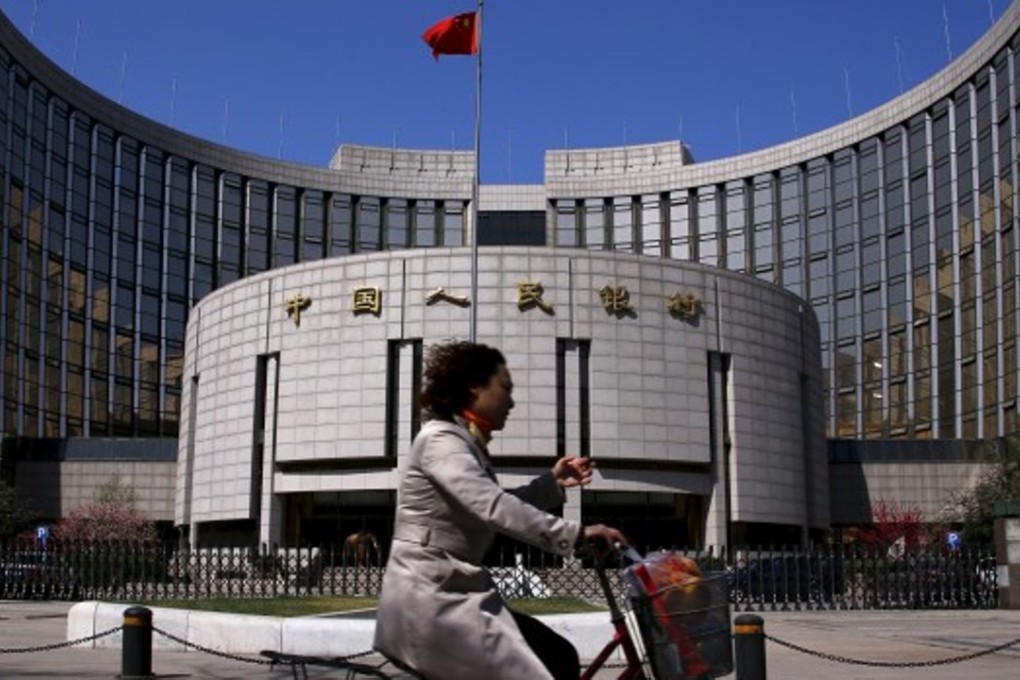Leaked memo reveals China central bank’s dilemma in battle to keep yuan stable
A confidential letter from the central bank to commercial lenders reveals the struggle between conflicting goals of easing monetary goals and protecting the value of the yuan

The People’s Bank of China is reluctant to further reduce the required reserve ratio for fear of such a move resulting in the weakening of the yuan, according to a leaked document.
The information, reportedly leaked from minutes of Tuesday’s meeting between the central bank and commercial lenders, was shared widely after it was published on major mainland online portals including Sina.com and Netease.com.
The required reserve ratio refers to the amount of deposits that commercial lenders are required to put with the central bank as reserves, rather than to lend out.
The PBOC’s news division did not respond to requests for confirmation of the leaked memo.
The memo sheds light on the challenge the PBOC faces in trying to achieve two conflicting goals. It has to ease monetary supply to raise liquidity to boost the ailing economy. But it also has to stop the yuan from weakening too much, which could happen in the case of increased liquidity.
“A too-loose liquidity situation may result in relatively big pressure on the yuan exchange rate...”
According to the memo, Zhang Xiaohui, an assistant central bank governor in charge of monetary policy, told commercial bankers that the PBOC had to be very careful in maintaining the renminbi’s exchange rate stability when managing liquidity.